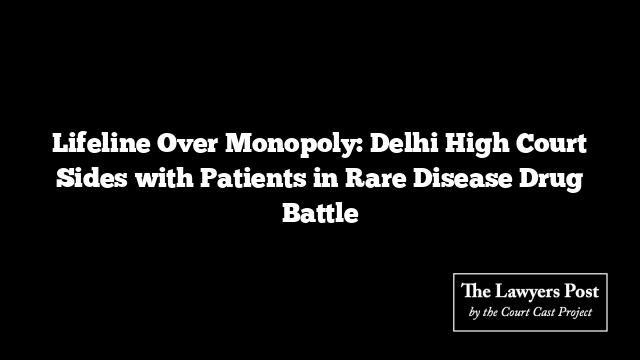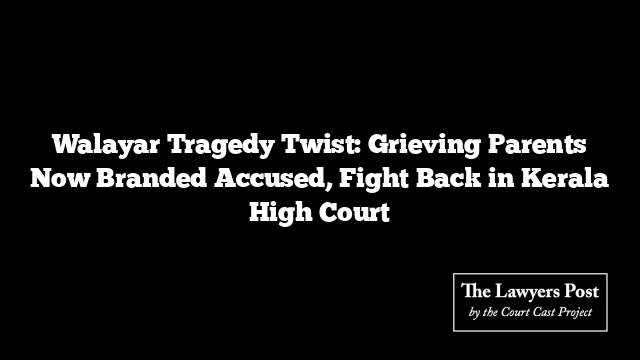In a decision that strikes at the heart of pharma profits versus patient needs, the Delhi High Court has refused to block Indian drugmaker Natco Pharma from producing a life-saving treatment for Spinal Muscular Atrophy (SMA), despite fierce resistance from global pharma heavyweight Roche.
Roche had sought an interim injunction to stop Natco from making Risdiplam — the first oral therapy for SMA, marketed by Roche under the name Evrysdi — claiming patent infringement. But the Court wasn’t swayed.
Justice Mini Pushkarna made it clear: public health takes priority over corporate monopoly. “Where a life-saving drug for a rare disease is involved, its availability at affordable prices becomes a material factor,” the judge said. “While the company can claim damages later, the public has no way to compensate for lost access to the only treatment available.”
SMA is a devastating genetic condition that destroys motor neurons, leaving children progressively paralyzed — and often, without treatment, dead before their second birthday. In India, where one in every 7,744 babies is born with this rare disorder, access to therapy isn’t just a medical issue — it’s a matter of survival.
Risdiplam brought a ray of hope to patients when it hit Indian markets in 2021. But with a year’s treatment costing between ₹2.2 and ₹7.2 million depending on dosage, hope remained out of reach for most. Parents across India have been turning to courts, crowdfunding, and international pleas just to keep their children alive.
Natco argued Roche’s patent was questionable to begin with. According to their challenge, the active compound was already part of Roche’s earlier global patents — making the current Indian patent an attempt at evergreening, a tactic used to unlawfully extend monopoly protection by tweaking existing drugs.
The Court agreed that Natco had raised a credible case, citing multiple grounds under Indian patent law — including prior disclosure, lack of inventive step, and misrepresentation. Roche’s own filings abroad, ironically, helped undermine its patent claims in India.
Importantly, the judgment leaned heavily on the concept of “public interest” in patent disputes, drawing from earlier cases where Indian courts denied injunctions on high-priced cancer medications. Justice Pushkarna cited legal scholarship noting that, at the interim stage, courts must consider the potential harm to public access — not just to the patent holder.
“Evrysdi is not available at reasonably affordable prices in India. If another party can make it accessible at lower costs, the balance tilts firmly toward the public good,” the Court stated.
With this ruling, the Delhi High Court has reaffirmed India’s position as a defender of public health in the face of big pharma’s patent shields. Roche, should it win the larger patent battle ahead, may still walk away with damages. But for now, Indian families facing SMA have a fighting chance at something far more valuable: time.





